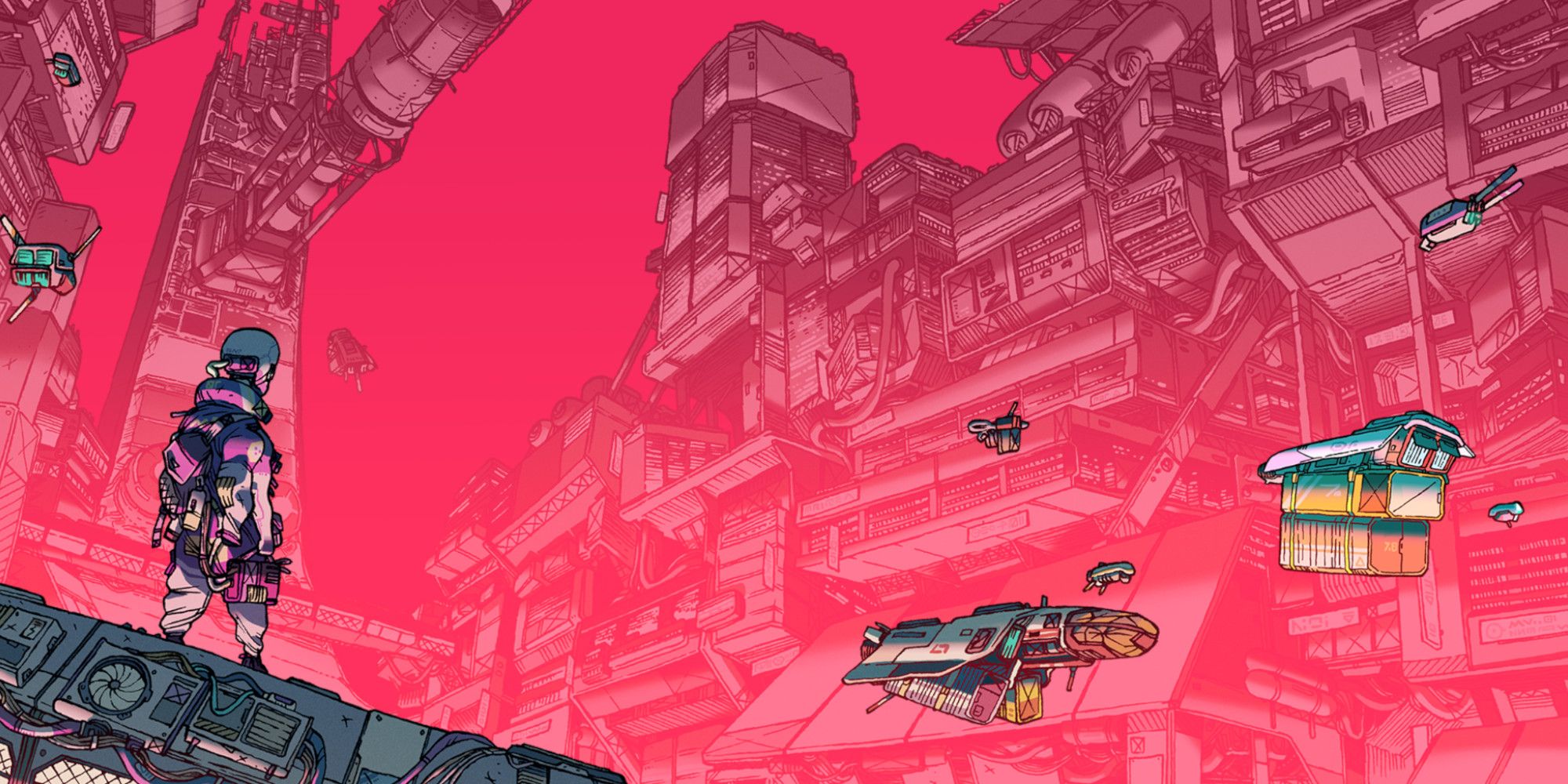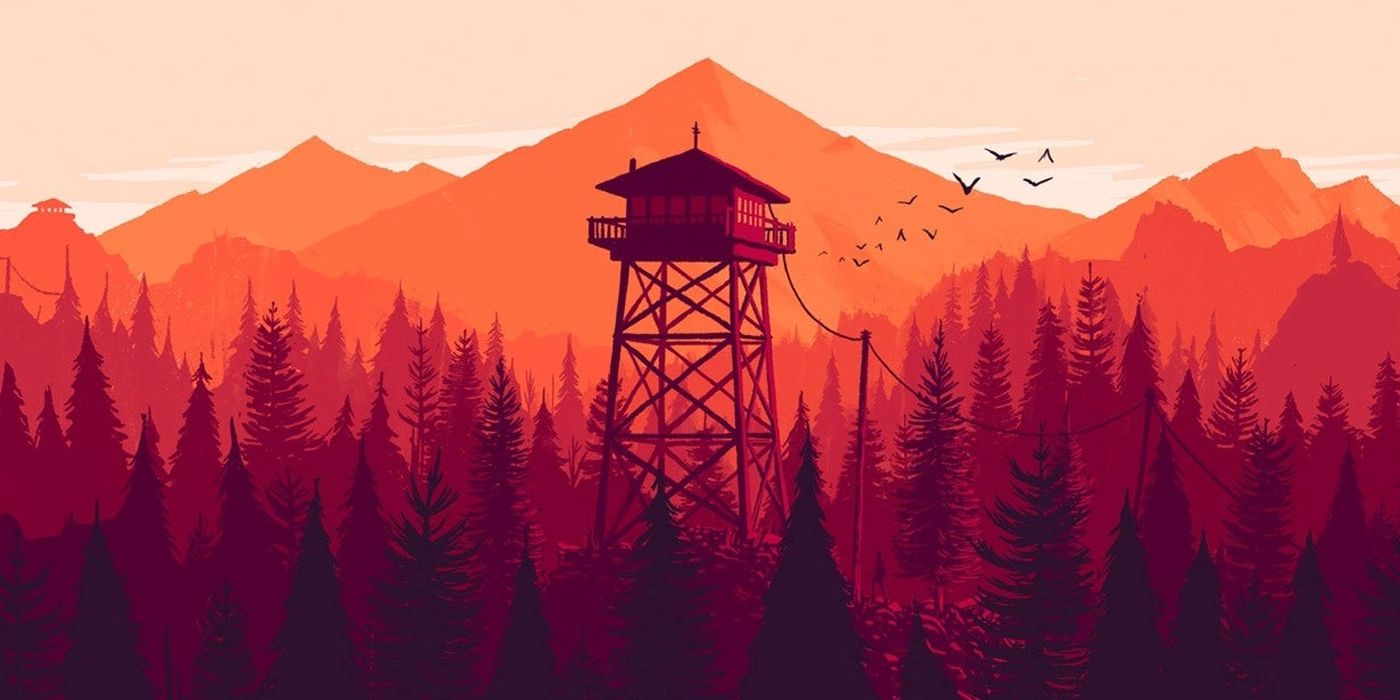Someone asked me the other day what kind of game Citizen Sleeper is, and I had to stop myself from rattling off the old list of tired genre signifiers we constantly use to describe games. Citizen Sleeper is a story-driven sci-fi RPG, but so are Mass Effect, The Outer Worlds, and Horizon Zero Dawn, and those are all very different games. Instead, I described it as a video game novella about an android on the run from capitalism. I like that explanation, not because it’s heavy on prose, but because it relates the kind of experience playing Citizen Sleeper is.
A novella is a bit of a loose categorization of fiction stories. Anything shorter than a novel but longer than a short story is considered a novella. Literary organizations designate novellas by word count for the purpose of awards, but depending on the org, that requirement can range anywhere from 7,500 to 20,000 words minimum, and 17,500 to 40,000 words maximum. Some of the most famous novellas include Heart of Darkness, Animal Farm, Of Mice and Men, and Breakfast at Tiffany’s. These are all very different stories, but they share similar narrative qualities. Their intermediate length allows authors the freedom to explore characters and themes in a deeper way than a short story would allow, while constraining the scope and structure far more than a full-length novel. Novellas have the space to tackle complex subject matter and give characters dimension, but they also have to be concise and sharply focused on their chosen themes.
In gaming, we typically don’t organize games by their play time. Outside of genre - which is universal among all types of media - we tend to separate games based on how much they cost to make. Triple-A gives you a certain sense of scope, production quality, and perhaps length, while indie has become a catch-all for anything non-triple-A. When someone describes an indie game, you may immediately picture modest graphics, simple UI, and experimental mechanics, but it doesn’t tell you much about the game’s length or the kind of experience it offers.
It might be useful, then, to borrow from literature on occasion and group games based on their length and, more importantly, by the way that length shapes their stories. Novella-style games are four-to-eight hours long and, like literary novellas, are narrative-focused games that use their characters and plots to explore its themes. Citizen Sleeper is a great example of a novella game because of its characters and world building that speak to its themes of post-industrial, socio-economic, and transhumanist themes. Firewatch - a four-hour game about relationship, isolation, and loneliness - is another great example. Other great novella games include To The Moon, Oxenfree, Papers Please, Bastion, The Forgotten City, Immortality, and Undertale. Like their literary equivalents, these are very different games that share narrative sensibilities.
We can further differentiate the video game novella from the video game short story. Games like Gone Home, Dear Esther, A Short Hike, Her Story, Subsurface Circular, That Dragon Cancer, Before Your Eyes, and Inside are even more tightly focused, often on a single character or theme, and only take an hour or two to play. We often refer to these as short games or ‘games you can complete in an afternoon’. Still, we’re missing a specific designation that differentiates them from other, unrelated short gaming experiences. A single game of Fortnite is short, a Mortal Kombat campaign is short, a Marvel Snap match is short, and arcade games are short too. ‘Short narrative games’ may be the best shorthand we have, but it’s incomplete, and breaks down when you consider a two-hour game and an eight-hour game are both considered short but offer vastly different experiences.
This organization of literature isn’t entirely analogous to games, of course. There wouldn’t be much utility in comparing most full-length, triple-A games to novels, and a game’s time-to-beat is never its more important quality. Still, it’s worth considering the relationship between how long a game is and how its length informs its storytelling, and I don’t think we have a good way to do that yet. When I reach for a novella on a rainy Sunday afternoon, I have certain expectations about what I’m getting myself into. I wish we had the same vocabulary for discussing games because ‘indie sci-fi story-driven choice-based RPG with prose’ just isn’t cutting it.


